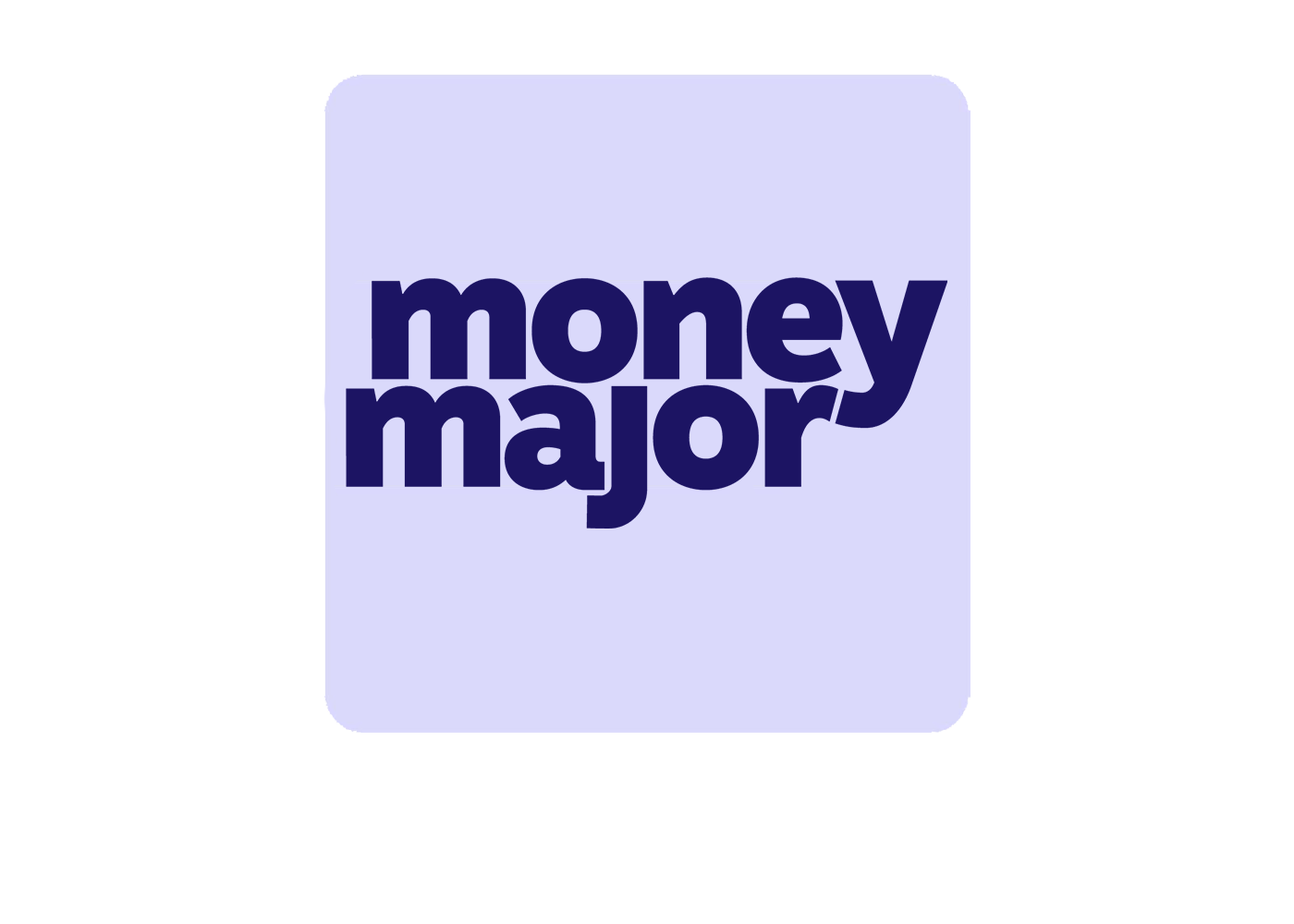As the end of the year approaches, taking stock of your financial situation becomes crucial.
Not only do you want to review how you managed your finances over the last 12 months, but you can also set up your goals for the new year.
Whether it’s updating your budget or checking your credit score, a well-structured checklist can make the difference between entering the new year with a clear financial strategy or facing unexpected surprises.
Start the year on a high note when you start saving for your child's future!
Review and update your budget
Start by reviewing your current year’s budget. Look closely at each category, such as housing, groceries, and entertainment. Do your expenses match up with your budget?
Try to understand why any over or underspending happened. In some cases, things can be easily explained. For example, inflation may have increased the price of groceries. Alternatively, you may have gotten a raise, which increased your savings rate.
Update your budget to reflect your financial goals for the next year, but also think about the remaining year. There’s still time to top up your child’s Registered Education Savings Plan (RESP) or your own Registered Retirement Savings Plan (RRSP).
While updating your budget, review your subscriptions and memberships. Cancel any that you no longer use or see if you can reduce your services. Any money saved can be allocated towards other expenses or goals.
Finally, set a reminder to review your budget periodically. A quick check every three to six months can help you stay on track and ensure you’re aligned with your financial goals.
Update any financial goals
Take a moment to review your current financial goals. Did you meet or exceed what your goals were from the start of the year? If not, was there a reason? Adjusting goals to be more realistic or that align with any new priorities can set you up for success in the new year.
Look at your long-term objectives such as paying down debt or purchasing a home. Ensure these plans are still possible with your current income and expenses. Small adjustments can make a significant difference in achieving these targets.
Just like your budget, it’s essential to review your investment portfolio. While markets ups and downs will happen, you want to make sure what you’re invested in supports your goals and risk tolerance. If investing stresses you out, it might be better to work with a financial advisor who can guide you.
Evaluate your investment performance
Speaking of investments, you should see how your portfolio has performed over the year. Try to compare your returns against relevant benchmarks. If they’re similar, you’re in good shape. However, if it lagged others, you may want to investigate why that happened.
While looking at your portfolio, you need to look at both short-term and long-term performance. A balanced perspective will give you a clearer picture of your investments’ progress.
You’ll also want to consider your asset allocation. Generally, younger people should have more equities in their portfolios as they have time to ride any market fluctuations. On the other hand, those closer to retirement will likely want more fixed income in their portfolio as they’ll need stability in their retirement years.
Deciding whether to hold, sell, or re-invest different assets can optimize your portfolio’s performance, but they should all be part of your financial goals. Updating your portfolio in response to performance evaluations can help you stay on track for meeting your financial goals.
Did you know Embark manages your RESP investments for you?
Assess your insurance needs
If you have insurance, the end of the year is a good opportunity to check if you’re adequately protected against potential risks. For those that currently lack insurance, it’s a good time to look into coverage that you may need.
Start by examining your auto insurance. Costs in Canada have fluctuated quite a bit due to increased theft. Instead of waiting for your insurance premiums to automatically renew, be proactive and shop around. The cost of auto insurance can vary quite a bit by provider.
Next, review your homeowners or renters insurance. Confirming that your policy covers your property and possessions, including any renovations or new acquisitions made during the year. You also want to find out how you’re covered if a neighbour damages your home. For example, if you live in a condo and someone above you left the water running and floods your unit.
Life insurance is another vital consideration. Ensure your policy reflects any significant life changes such as marriage, the birth of a child, or a new mortgage. Not everyone needs insurance, but anyone with dependants should have a policy.
Check your credit score
Your credit score is a number between 300 and 900. The higher your credit score, the more creditworthy you are. Since your credit score can fluctuate and it has a major impact on your financial health, it’s important to check it at least once a year.
To further complicate things, there are two credit reporting bureaus in Canada: Equifax and TransUnion. If you find that your credit score is lower than expected with either company, you’ll need to investigate why.
In some cases, there might be fraud. In other cases, there might be missing information from your report. In other situations, it may simply be a matter of taking steps to improve your credit score, such as paying down high interest debt, and making credit payments on time.
Reviewing your credit score at the end of the year helps you address any issues before they impact your financial goals in the coming year.

Barry Choi is an award-winning personal finance and travel expert. He regularly appears on various shows in Canada and the U.S., where he talks about all things money and travel. His website - Money We Have - attracts thousands of visitors daily, looking for the latest stories on travel and money.



